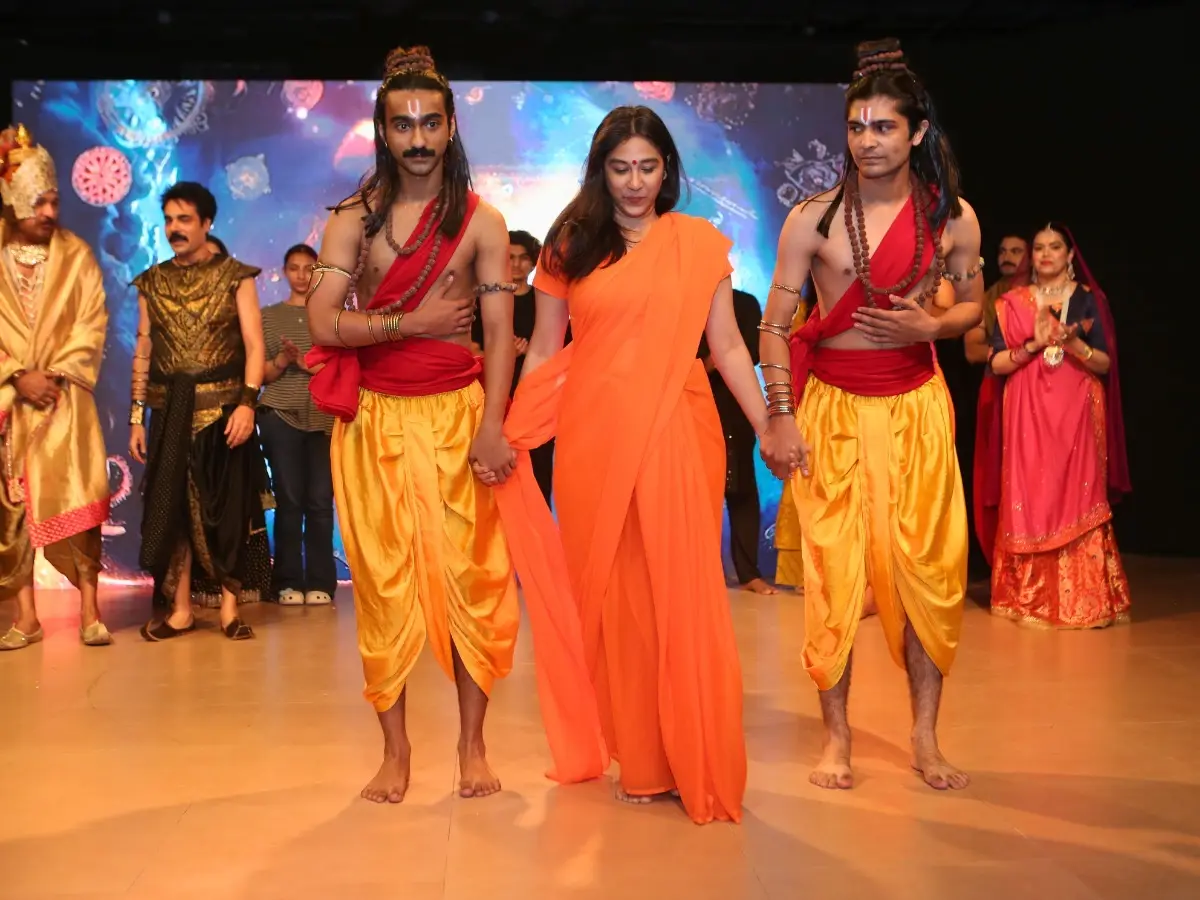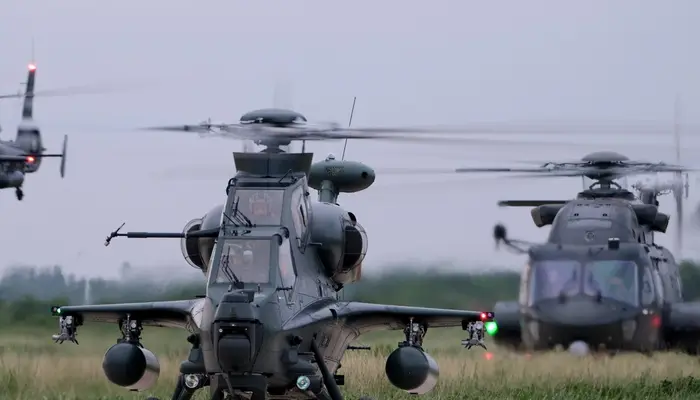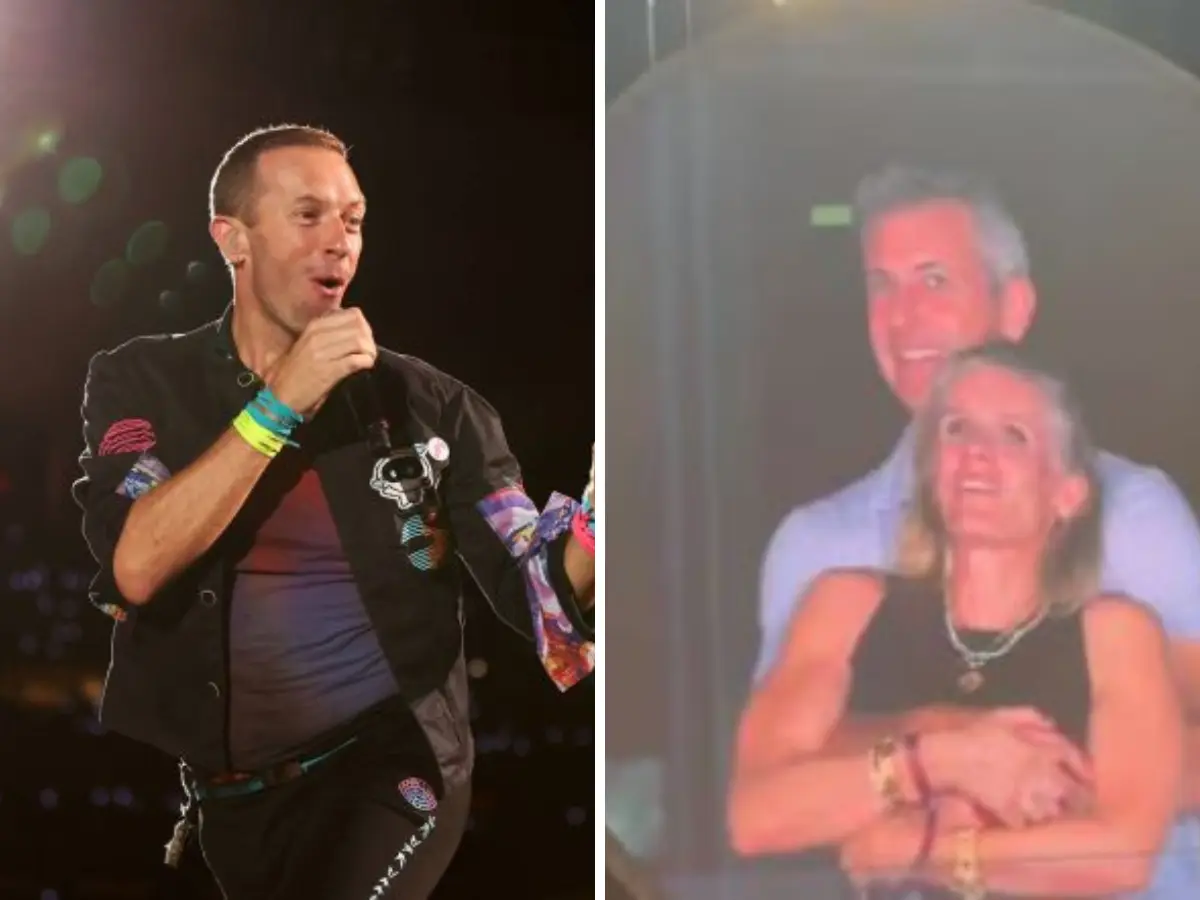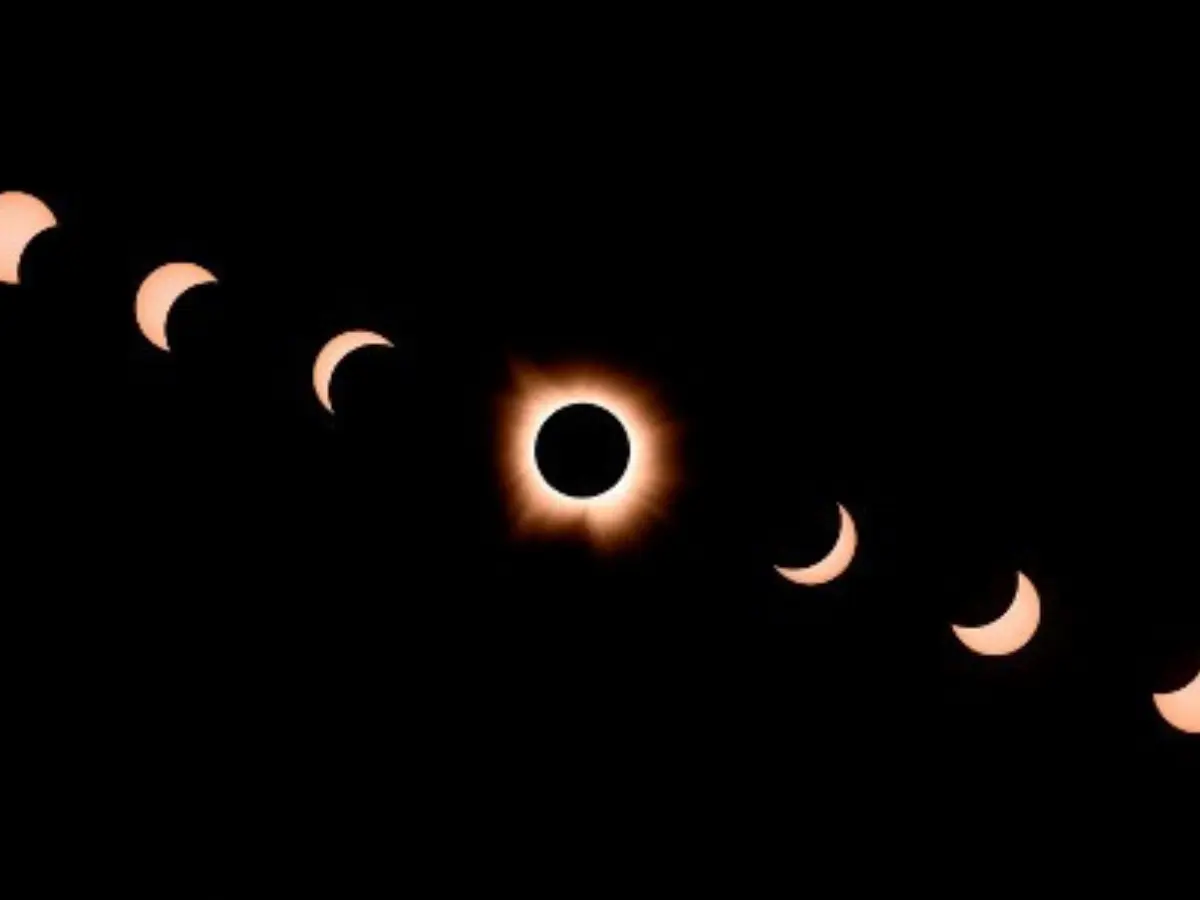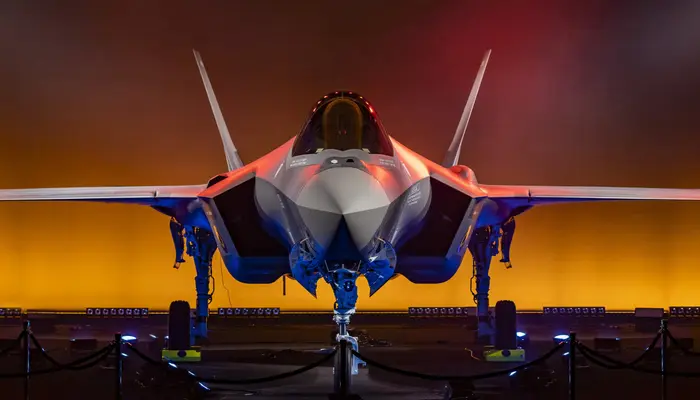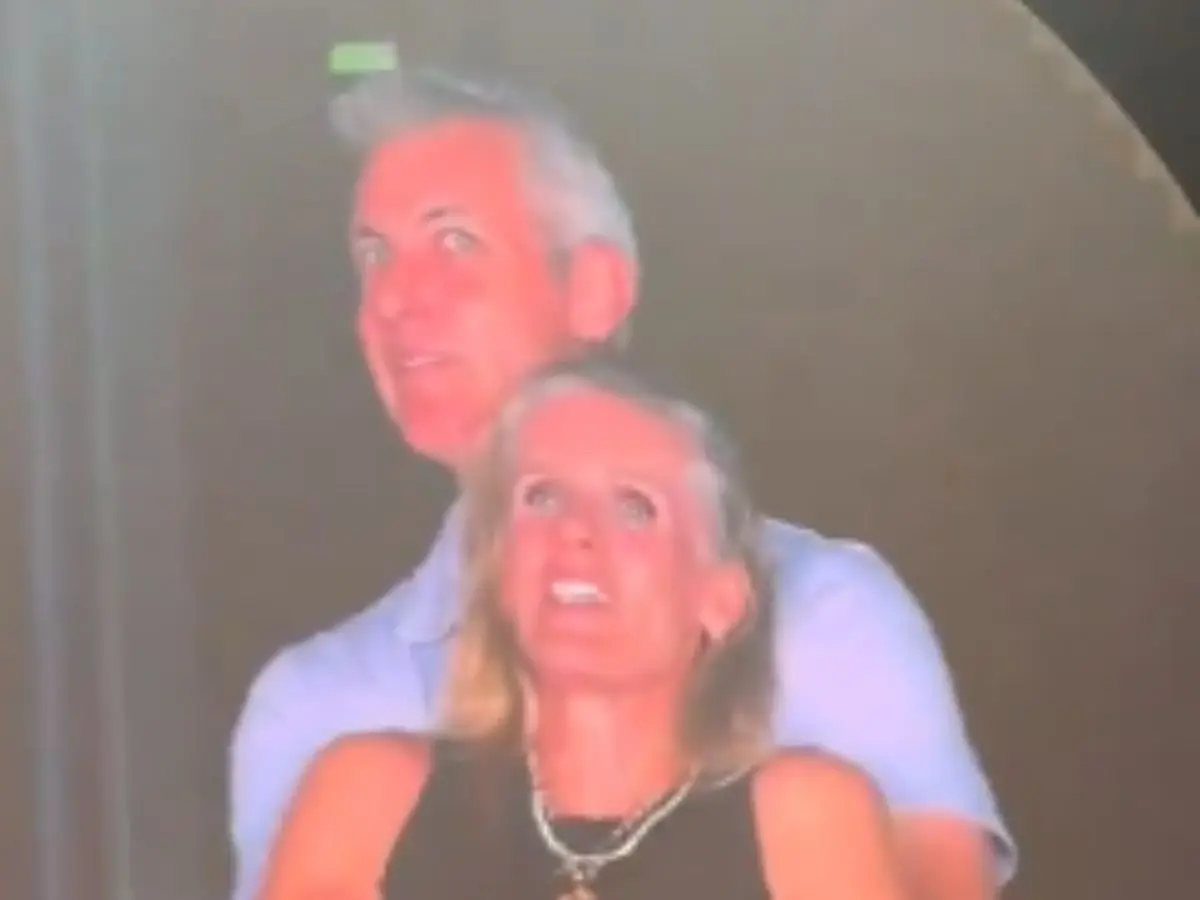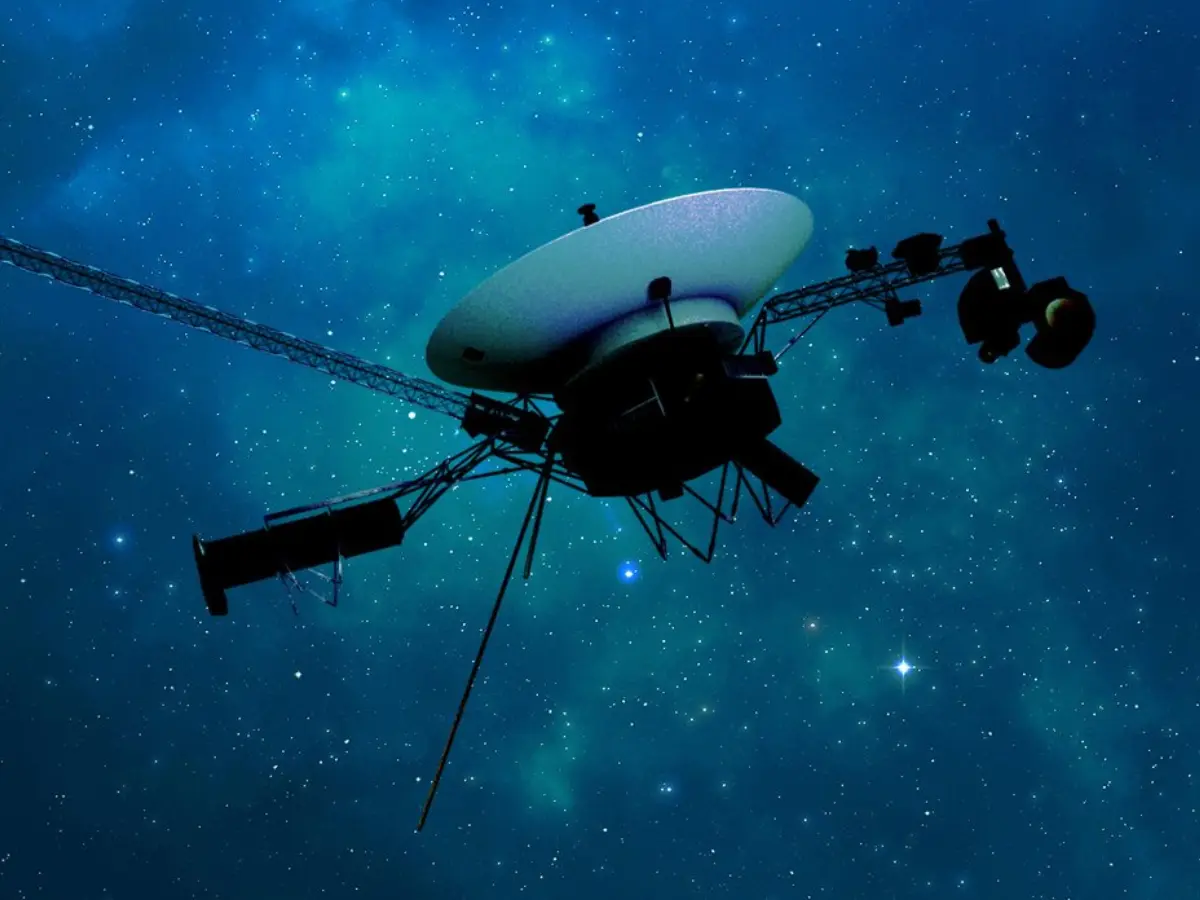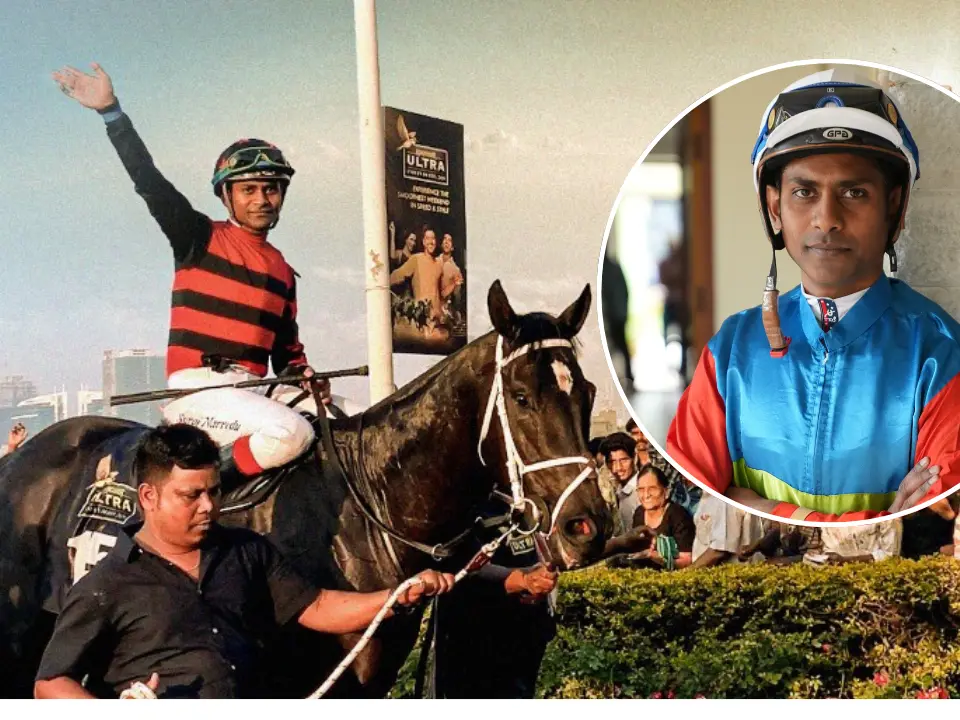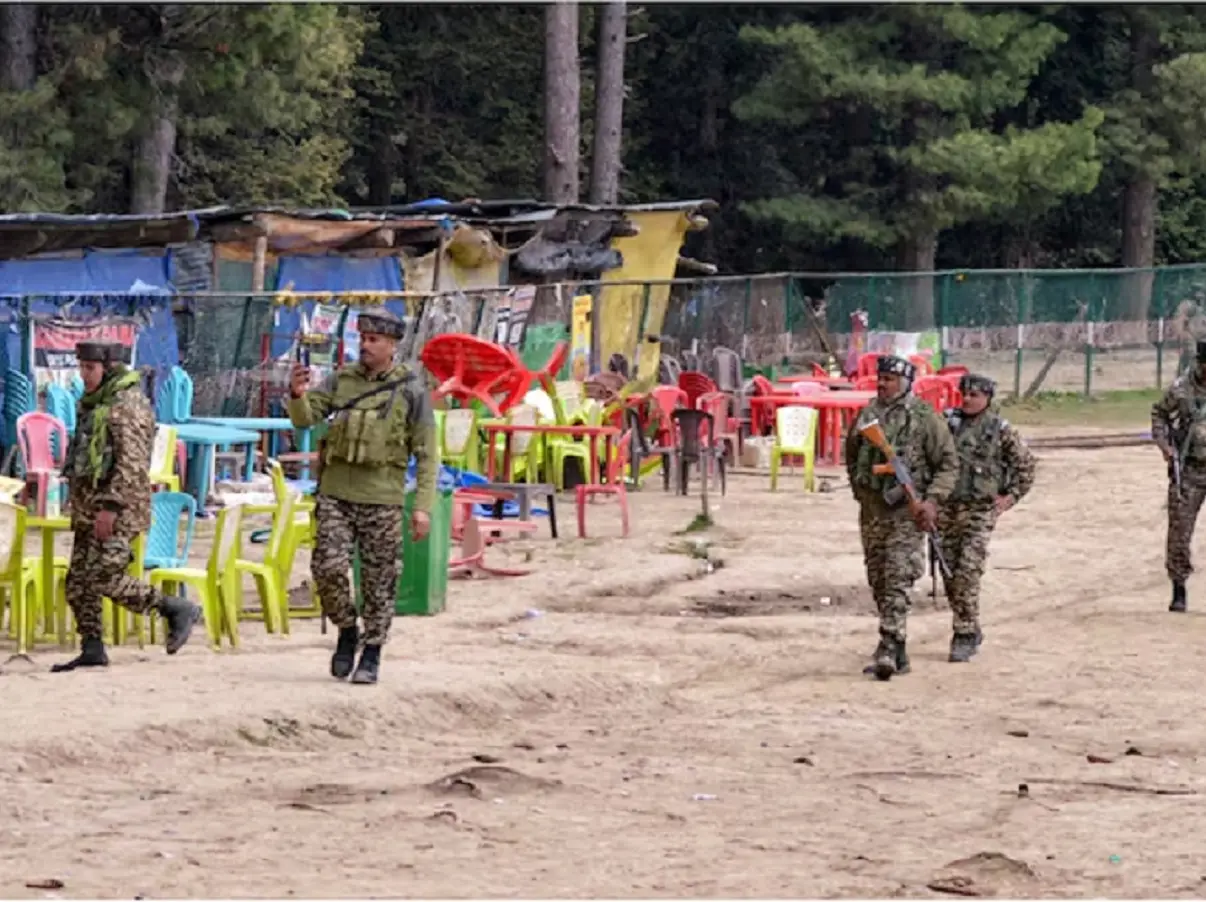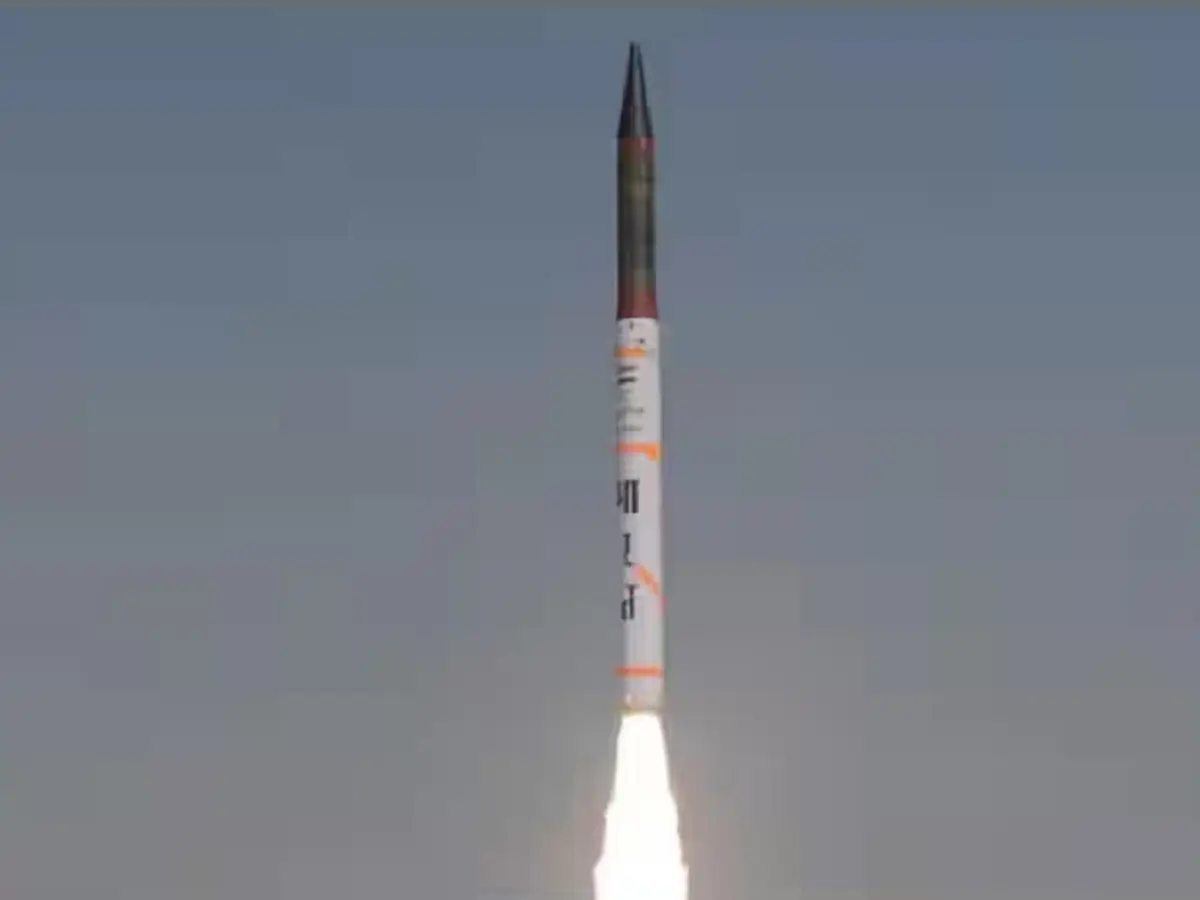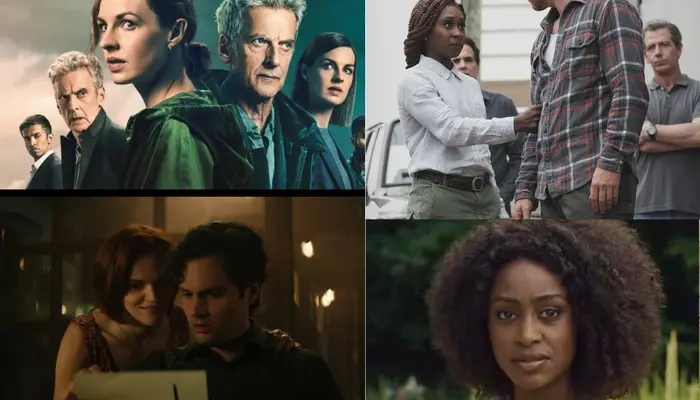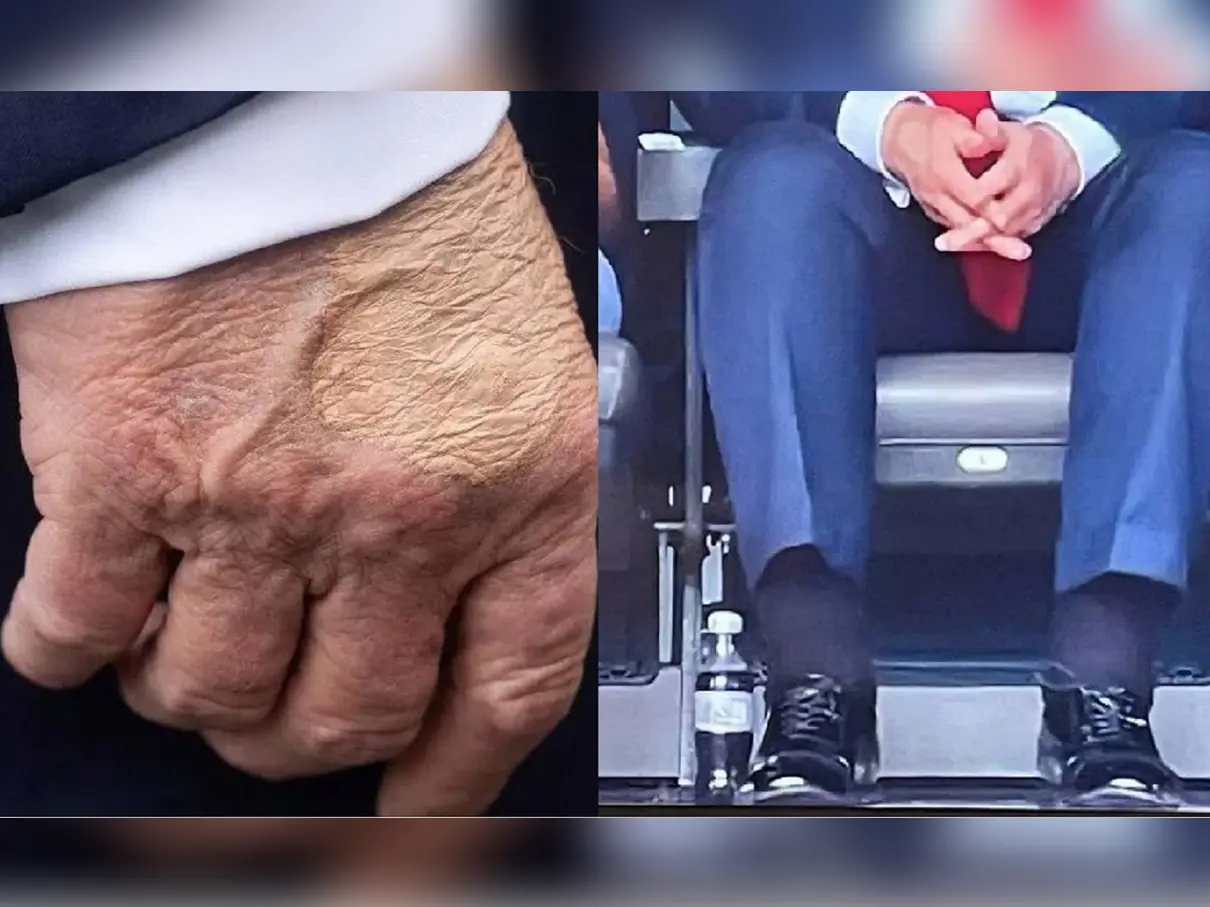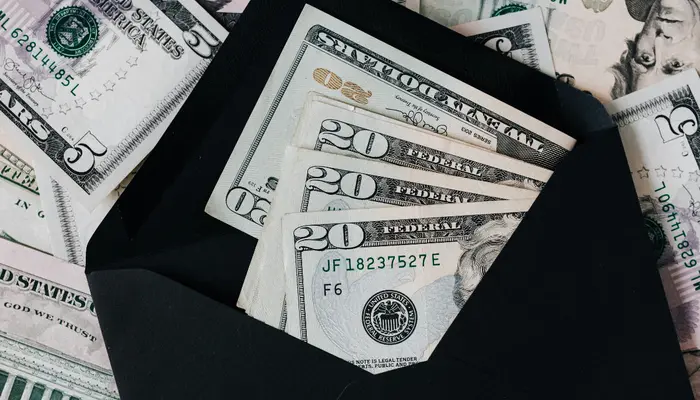Ramayana is a Hindu epic, beloved by people across India. From growing up listening to the epic battle between Lord Ram and Raavan to watching it being enacted in neighbourhood Diwali celebrations, every Indian in some way has been affected by this timeless battle between good and evil.
The last place one may expect it to be staged is Pakistan. But a theatre group has done just that. Mauj Collective recently staged a theatrical enactment of Ramayana at The Arts Council of Pakistan in Karachi, inviting intrigue across the world.
WION’s Akul Baiju catches up with the director Yogeshwar Karera, producer and the actor who plays Sita- Raana Kazmi, the actor playing Raavan- Samhan Gazi, the actor behind Lord Ram, Ashmal Lalwany and Sana Toaha, who plays Queen Kaikeyi, in a candid chat about India-Pakistan theatrical links, shared history, artificial intelligence and much more.
WION: Ramayana is viewed as a Hindu epic popular mostly in India and Sri Lanka. Is there a particular message that you wanted to send while staging it in Pakistan?
Yogeshwar: Not a particular message at all. I have grown up watching Ramayana, so from the start, it has been in my head. The Mahabharata came a bit later. But I have been watching Ramayana since I was four or five years old. It is a story that has stayed with me and fascinated me from the start. So, it’s just a story that I wanted to tell. I knew that in Pakistan, a lot of people don’t know what happened in the Ramayana. People who came to us and have practised these classical arts like dance and stuff that involves Ramayana, even they said that they didn’t know the story.
WION: Due to the recent events between India and Pakistan, there has been a sort of hostility between the countries. Do you think art and theatre is a way to bridge this animosity?
The greatest fighter jets that never flew: Top 8 cancelled fighter jets that had serious potential
Who rules the skies? Meet top 10 nations with most advanced fighter jets
US tried to shoot down this jet 100 times, failed every time! Here’s why
F-35’s nuclear edge: Why the world’s deadliest fighter jet is now a doomsday machine
Why is India where it is? Because ‘ghost’ force under Oman pushed it 40 million years ago
Voyager 1 at one light-day: Spacecraft to reach unthinkable milestone after 49 years
US designates TRF, involved in Pahalgam attack, as terrorist group, proxy of Pak-based LeT
India test-fires Prithvi-II and Agni-I ballistic missiles successfully under nuclear command
7 must-watch psychological thriller series you can’t miss on Netflix, Prime and more
Raana Kazmi: I think, people are very much inclined to be loving towards each other. There is so much family across both sides. So many of my Indian colleagues are sharing news articles from India. When you see one of the others doing something which is familiar, it just feels like a hug, and I think that’s been lovely and even if we have been able to be a small part of that, I think we’re very proud.
WION: Sana, you play Kaikeyi, and she has always been a character that has been very divisive and blamed for the exile of Ram. Do you think she is solely a negative character?
Sana: Initially, I didn’t know about Kaikeyi. But when the role came to me, I did some research. She was a negative character but later she did regret, and Lord Ram also forgave her. Kaikeyi for me, was not a really negative character as she did ask for forgiveness later.
WION: Saman, you play Raavan. He is often depicted as the epitome of evil. But in many parts of the world, he is worshipped and depicted as a man of knowledge. What is Raavan for you?
Saman: The beauty of theatre is that when we play a character, we are able to view the story from his point of view. During rehearsals, we had discussions and both perspectives on Raavan were discussed. For me Raavan was not an antagonist and simply another character in the larger story.
WION: Ram in my country is regarded as the ideal of masculinity. But now, a lot of young people and theorists are pointing out that he too had his own faults. What is your view?
Ashmal: We had discussions about the different schools of thoughts about Ram. There is this entire idea behind Ram being this picture of an ideal man. Yogeshwar did not have it in mind to show Ram as that. Hence, he was looking beyond the physicality of Ram. He said what matters is the kind of life this character is bringing.
WION: Raana, some people in both my country and yours have often tried to put art and theatre into silos. My country has banned Pakistani artists, often banning Bollywood movies. What is your view on this ghettoisation?
Raana: I don’t know if something particularly good ever came out of banning anything. My view is that putting something down or stopping something from happening is never the solution. I think there is so much that we have to offer as a part of the world and we are so much stronger together. I don’t know why we don’t see that strength, realise it and actually leverage it. Imagine what we would do as one group. I am a champion of us doing things together. We watch content from each other’s countries. We relate to it and enjoy it. No bans have ever stopped that from happening.
WION: Sita has always been part of Ramayana, but the point of view has always been from a masculine perspective. Do you see Sita as a devoted wife or as her own person?
Rana: One thing that was very central for me even though when you’re playing a character, it is just a character, is that for a billion-pluspeople, it is not just a character. It is important to do this with the grace that it deserves. I think it’s true for any historical or traditional story that it comes from the past, where our modern idea of feminism may not have existed.. Sita was definitely devoted. There were things that were like maybe I wouldn’t have done it this way but when you’re playing a character, that thought goes far behind in your mind.
WION: Yoogeshwar, you have used AI in the play? How did you go about bringing AI into theatre and how did the audiences receive it?
Yogeshwar: It wasn’t supposed to be AI initially. The original idea was just to create digital sets because I didn’t have the budget to do physical sets for every scene. Digital sets were supposed to give an idea of where we are in the story. I saw the Ramayana in India, the Ashutosh Rana Ramayana in which they had used digital sets that were to scale but we couldn’t afford to do that. That is why we used AI in the play.
WION: There has been anti-Hindu sentiment in your country as has there been anti-Muslim sentiment in mine. Did you have any security concerns about your cast and your play?
Yogeshwar: Weirdly, not at all. Now that I think about it, it was a bit immature. When we did it in T2F, it did not even cross my mind, that it might get banned. This time however, when we did at the Arts Council, there was more scrutiny, there were people who said a few things and obviously, there were people who were defending us. The negative ones made me think that maybe you’re not safe, but then there were hundreds of people who would say that it should be done.
Ramayana was staged at the The Arts Council of Pakistan in Karachi from July 11 to 13.
Related Stories
